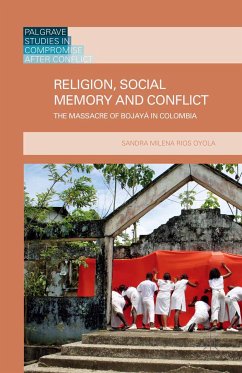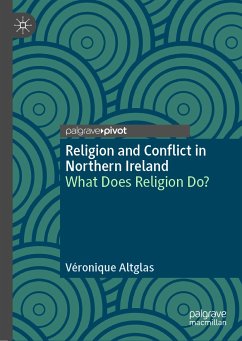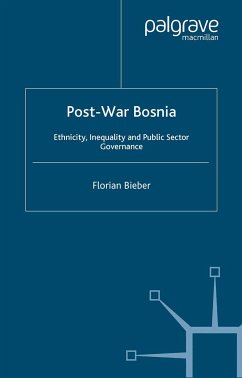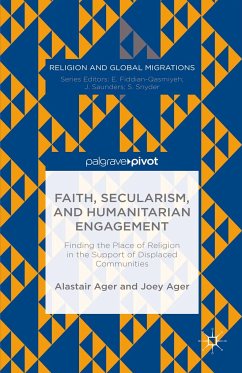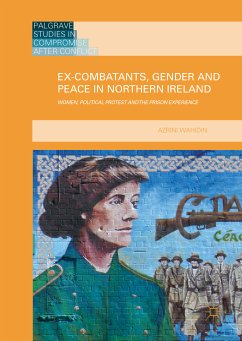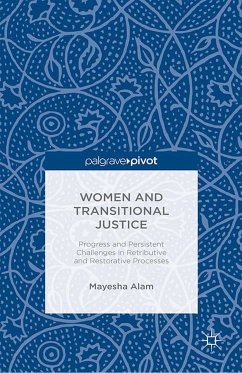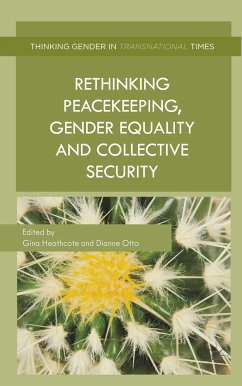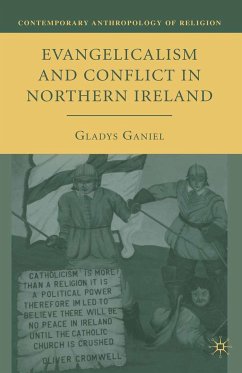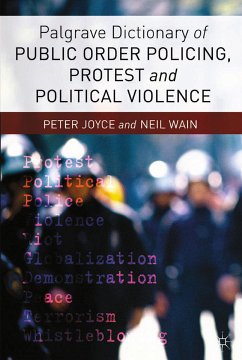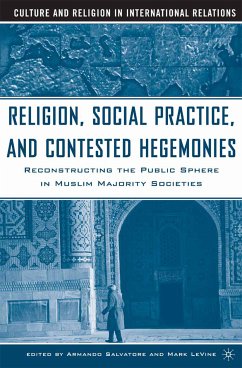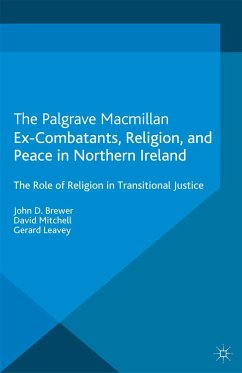
Ex-Combatants, Religion, and Peace in Northern Ireland (eBook, PDF)
The Role of Religion in Transitional Justice
Versandkostenfrei!
Sofort per Download lieferbar
72,95 €
inkl. MwSt.
Weitere Ausgaben:

PAYBACK Punkte
36 °P sammeln!
Studies of Northern Ireland's ex-combatants ignore religion, while advocates of religious interventions in transitional justice exaggerate its influence. Using interview data with ex-combatants, this book explores religious influences upon violence and peace, and develops a model for evaluating the role of religion in transitional justice.
Dieser Download kann aus rechtlichen Gründen nur mit Rechnungsadresse in A, B, BG, CY, CZ, D, DK, EW, E, FIN, F, GR, HR, H, IRL, I, LT, L, LR, M, NL, PL, P, R, S, SLO, SK ausgeliefert werden.



